Women
The role and input of women is undeniably central to human existence and to the story of human society. They are generally 50% of the population but rarely the centre of a story; women have often been pushed to the side lines for historical content. The role of women through history and the pressures and behaviours that have pushed their input aside are all explored within this theme. Powerful, influential and significant female characters are explored in detail across the time periods, including queens, and campaigners, while the stories of ordinary women are also explored through themes such as social change, war and religion.
Sort by:
Date (Newest first) | Title A-Z
Show:
All |
Articles |
Podcasts |
Multipage Articles
-

Historical anniversaries calendar
ArticleClick to view -

Tracing the popular memory of Rosa Parks with Year 9
ArticleClick to view -

How representing women can convey a more complex narrative of the Russian Revolution to Year 9
ArticleClick to view -
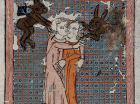
What Have Historians Been Arguing About... gender and sexuality
ArticleClick to view -

‘Compressing and rendering’: using biography to teach big stories
ArticleClick to view -
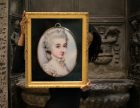
Recorded Webinar: Female slave-ownership in 18th- and 19th-century Britain
ArticleClick to view -
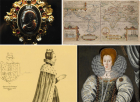
Inclusive approaches to teaching Elizabeth I at GCSE
Multipage ArticleClick to view -

Film: The ladies-in-waiting who served the six wives of Henry VIII
ArticleClick to view -
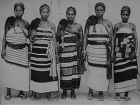
Reimagining the ‘Aba Riots’
ArticleClick to view -

Power, authority and geography
ArticleClick to view -
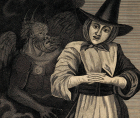
Cunning Plan 183: Teaching a broader Britain, 1625–1714
ArticleClick to view -

Census 2021: using the census in the history classroom
ArticleClick to view -

Why does anyone do anything? Attempts to improve agentive explanations with Year 12
ArticleClick to view -

Women and Gender in the French Wars
PodcastClick to view -

How should women’s history be included at Key Stage 3?
ArticleClick to view -
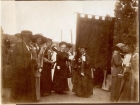
Polychronicon 174: Votes for Women
ArticleClick to view -
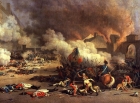
Age of Revolutions Resources
InformationClick to view -

Women’s Suffrage: history and citizenship resources for schools
ArticleClick to view -

Podcast Series: The Women's Movement
Multipage ArticleClick to view -

'Victims of history': Challenging students’ perceptions of women in history
ArticleClick to view

